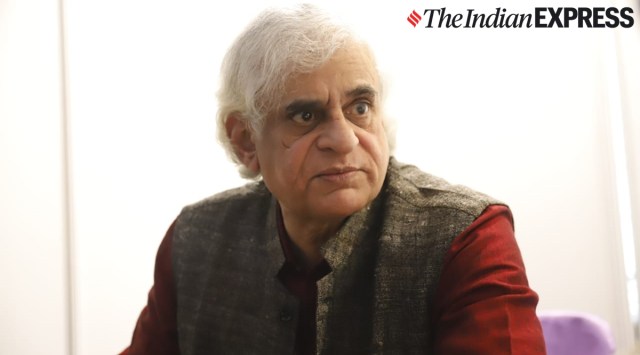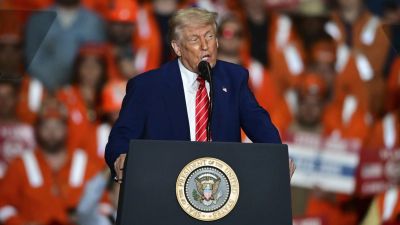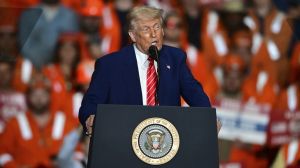‘It’s venomous’: P Sainath on Centre blocking BBC documentary on Modi, 2002 Gujarat riots
Sainath also talked about the reactions and actions of the larger Indian media towards the move so far. “"It is not just censorship. In the media, we are seeing the large-scale adoption of self-censorship."
 Columnist and senior journalist P Sainath at the Jaipur Literature Festival, January 21, 2023. (Express photo by Chitral Khambhati)
Columnist and senior journalist P Sainath at the Jaipur Literature Festival, January 21, 2023. (Express photo by Chitral Khambhati) As the Centre blocked the BBC documentary about Prime Minister Narendra Modi’s and his then state government’s response to the 2002 Gujarat riots, columnist P Sainath called the move “venomous”.
The government called it “a propaganda piece designed to push a particular discredited narrative” even as the Ministry of Information and Broadcasting ordered YouTube to block the first episode of the BBC documentary, India: The Modi Question. The ministry also directed the social media platform Twitter to block more than 50 tweets that have links to the documentary on YouTube.
The Centre invoked its emergency powers under IT Rules, 2021, to block videos and tweets sharing the first of the two episodes of the documentary, which focuses on the response of Prime Minister Narendra Modi, who was the then Gujarat chief minister, towards the Gujarat riots in 2002, over these two platforms.
 Columnist and senior journalist P Sainath at the book-signing event of his latest work ‘The Last Heroes’, during the Jaipur Literature Festival, January 21, 2023. (Express photo by Chitral Khambhati)
Columnist and senior journalist P Sainath at the book-signing event of his latest work ‘The Last Heroes’, during the Jaipur Literature Festival, January 21, 2023. (Express photo by Chitral Khambhati)
In an interaction with The Indian Express on the sidelines of the Jaipur Literature Festival, Sainath said, “[The action] is so petty, it is so venomous … They are willing to wipe out anything that criticises Mr Modi, his government or his parties.”
“A large number of Indians will not be able to access it now,” Sainath said. “But look at the sources in that documentary. Former foreign secretary and people at the ministerial levels of the UK government are speaking … And you [the government] just obliterate it?” added Sainath, Founder-Editor, People’s Archive of Rural India.
 Columnist and senior journalist P Sainath at the Jaipur Literature Festival, January 21, 2023. (Express photo by Chitral Khambhati)
Columnist and senior journalist P Sainath at the Jaipur Literature Festival, January 21, 2023. (Express photo by Chitral Khambhati)
On Saturday, Opposition leaders had also criticised the government’s orders to YouTube and Twitter over the BBC documentary calling it “censorship”.
Sainath also talked about the reactions of the larger Indian media towards the move. “It is not just censorship. In the media, we are seeing the large-scale adoption of self-censorship. They don’t have to be told not to do something, they just don’t allow stories to appear. That is the great tragedy,” said the senior journalist.
Calling the present state of the Indian media as being “at its lowest in the last 200 years,” he said, “[out of them], about 160 years were quite glorious [for the Indian media]. It had much to be proud of.”
Referring to Raja Rammohan Roy’s publication Mirat-Ul-Akhbar in 1822, Sainath said, “At that time, Roy had shut down his publication as a mark of protest against the censorship of the press. Look at that courage, and look at that now”.







